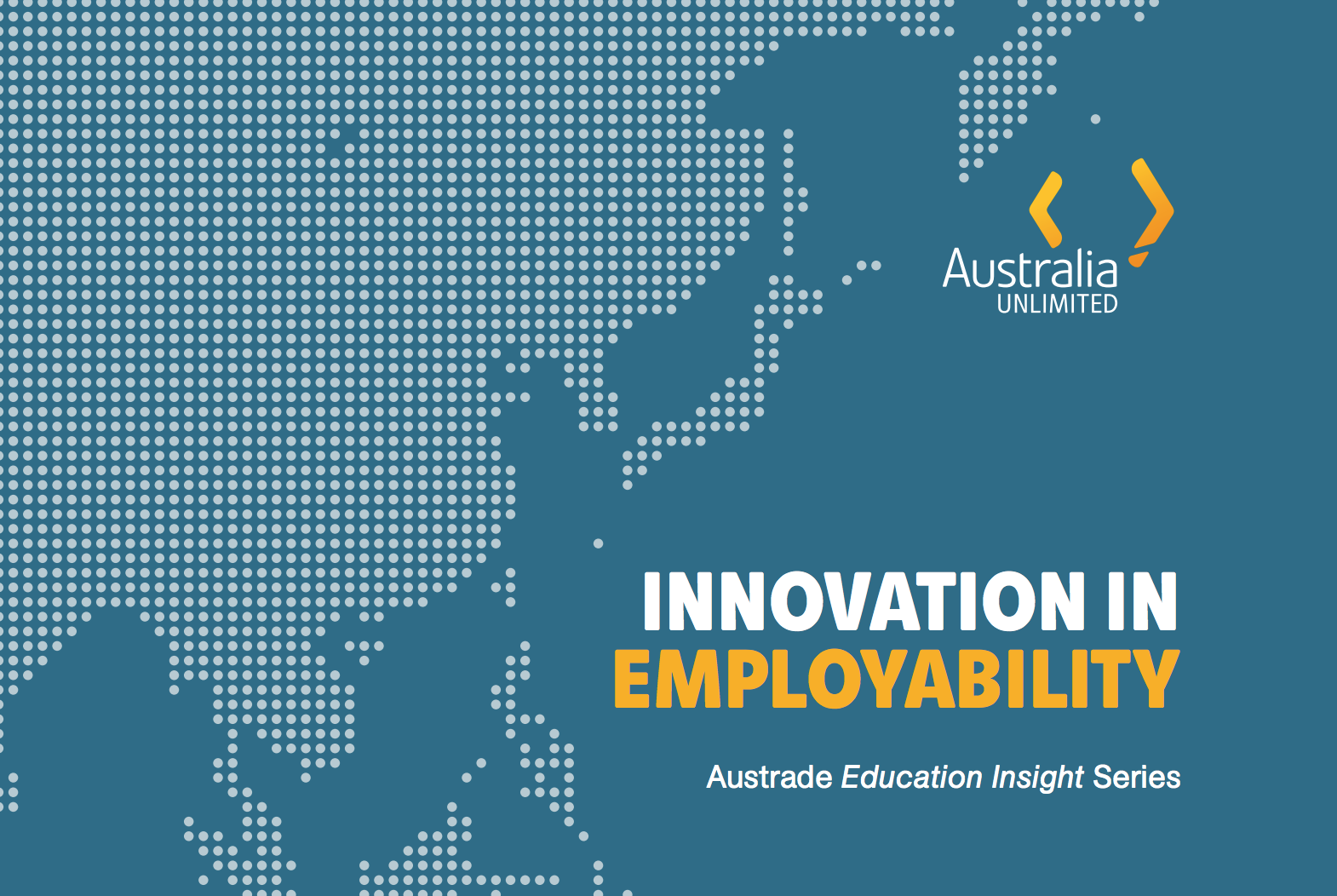The accelerating pace of technology-driven change is transforming the future of work faster than ever before.
Some 30 per cent of the jobs that today’s students are studying for are under threat from automation by 2030. The World Economic Forum claims that the gap between what people learn and the skills they need is widening, as traditional learning no longer equips students with the knowledge they need to thrive. Global employers like Google, Apple, PWC, IBM and Bank of America no longer require a college degree. Education thinkers like Jack Ma are calling for a revolution in what we teach and how we teach.
The growing value of experience
Experiential learning is a critical tool for higher education providers to meet this challenge. Experiential or work-integrated learning builds employability skills through professional placements, projects, accelerators, internships, mentoring and skills credentialing. These initiatives build trans-disciplinary skills including collaboration, creativity, leadership and resilience. They engage learners with real-world activities and challenges. Innovation in experiential learning is one of the keys to successful education in the 21st century. Employability and the development of globally relevant skills are very important to more than five million international students and to the institutions who serve them. Australian higher education providers have embraced strategic commitments to deliver this kind of education to every student. However there are challenges: these valuable experiences are often complex, and costly to manage, monitor and quality assure. These challenges can be overcome with good instructional design, efficient management, and smart technology. In working with many universities, governments and employers in Australia and around the world, we at Practera have observed some common factors in successful experiential learning programs:- support for learners – to apply knowledge to new settings and complex problems
- meaningful engagement – with experienced practitioners aligned with program learning outcomes
- shared, valuable objectives and a common framework – for student, mentor and educator collaboration
- facilitation of the critically reflective learning process – which is required for competency and character development
- credentialing frameworks – which link learning and experience to global skills.
